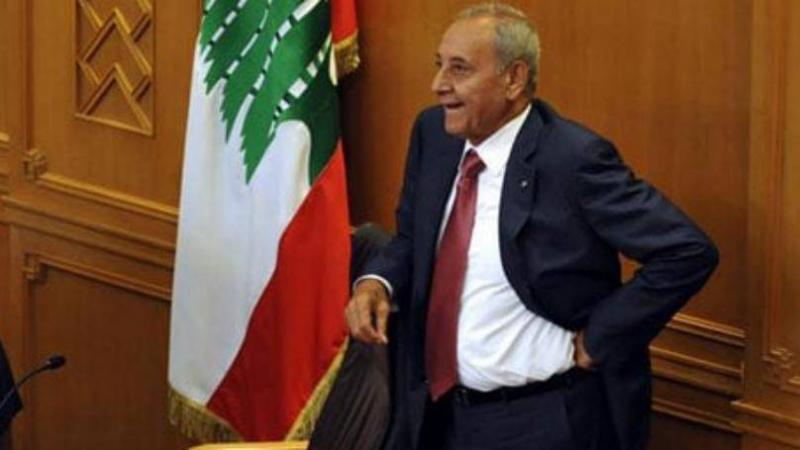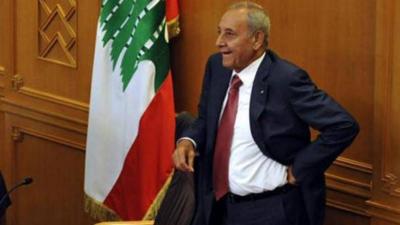Quickly, Speaker of the House Nabih Berri caught the "fireball" of accusations attempting to blame him for obstructing the presidential election after 27 days without calling a session to elect a president. He also swiftly responded to the recent Maronite patriarchal stance rejecting the justification of the delay under the pretext of ensuring consensus, despite its importance. As soon as the budget was secured, one of the mandatory conditions for the International Monetary Fund agreement, he responded to the call and fulfilled his constitutional duty by inviting the members of parliament to a session scheduled for 11 AM on Thursday, September 29, 2022, to elect a president.
With this invitation, the President of the legislative authority transformed the parliament into an electoral body, suspending legislation and the remaining three reforms stipulated by the Fund until after the election of a president, as per the constitutional text. He conceded a position he had communicated to the MPs in the penultimate budget session, where he responded to MP Boulaye Yacoubian's demand for a session to elect a president by stating he was waiting for consensus to call it, thus refusing to shoulder the blame for blocking the election of a successor to President Michel Aoun, who is likely waiting more than any other Lebanese for the moment of leaving Baabda Palace.
Berri heeded repeated external calls, especially from Washington, Paris, and Riyadh, emphasizing the need for electing a president. However, more importantly, as political sources informed Al-Markaziya, following the raised demands and conditions by the leader of the Free Patriotic Movement, MP Gibran Bassil, regarding the government formation, which was on the verge of being realized, prompted Prime Minister Najib Mikati, who intended to visit Baabda, to send someone to clarify the situation with President Michel Aoun to act accordingly.
In a move typical of Berri’s practices, he directed the council to elect a president, effectively blocking the government pathway, since if a government is formed, it would not receive the mandatory parliamentary trust before the council returns to its legislative function. This allows him to achieve two objectives: responding to calls from within and outside the country to elect a president while preventing the current administration and the Free Patriotic Movement from gaining privileges in the upcoming government, which they strongly desire before the end of the mandate.
Berri's counterattack today will force all parliamentary blocs, especially the Free Patriotic Movement and opposition forces, including party members, independents, and change-makers, to reassess their calculations. These groups must open their lines of communication widely to determine their stance on Thursday's session, considering that they have yet to unify their voice around their presidential candidate, and there is concern that the resisting team might manage to pass a president by surprise if they secure a quorum for the session the day after tomorrow. This mirrors yesterday's approval of the budget, where 63 votes were secured, requiring only two additional votes to elect a president from their side in the first round, as well as during the session to elect the Deputy Speaker of the Parliament.
Berri, therefore, has taken hold of the political game and paved the way for the consensus president he desires. If the first election session takes place and the presidential candidate, head of the Marada Movement, Sleiman Frangieh, fails, Berri and his ally Hezbollah would be freed from supporting a candidate who does not meet the criteria for national consensus, especially since Bassil’s candidacy collapsed due to U.S. sanctions and the party’s unwillingness to repeat the scenario of supporting Michel Aoun. This would then open the door wide for selecting a consensus candidate with the opposition forces upon the convergence of international and domestic interests.




